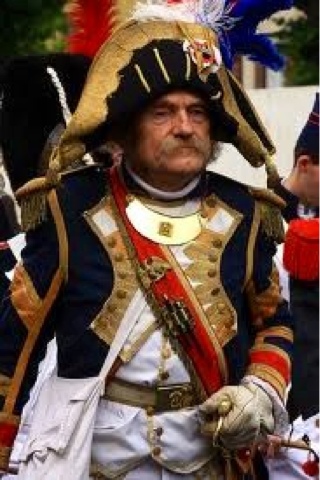Hey everyone! Adam, from TFG Radio, back for another week to wake you up before you go go, to your nearest store!
As I almost always mention, I’ve been playing in tournaments for a long time. At this point it is almost the only time I get to play 40K. I do play the occasional casual play but I don’t think I would classify myself as a casual player. In the last year or two I’ve been seeing a growing sentiment from casual players lamenting the news about competitive players and their influence on the game. Sorry to break it to you but the influence of the competitive scene actually helps you, in the end.
I’ve seen these quotes a number of time:
“This is why I hate competitive 40K”
“Why does GW pay attention to the competitive scene?”
Other than being misinformed, this actually lessens my opinion of that person, group, podcast. The reason is that it is a form of elitism, in that they feel that the opinions and actions of the competitive scene are less relevant, and important, than the casual scene/player. I rarely, if ever, have seen a competitive player echo a similar sentiment, probably because they are too busy getting their next netlist ready.
In case you haven’t figured it out, we are all playtesters. Sure, Games Workshop have both internal and external playtesters, but lets be honest, they can’t think of every possible comb0. This is especially true if they don’t take Forgeworld into account. We are basically helping GW find any bugs in the game and they continue to put out FAQ/Erratas to correct the course of the game. Now we all know that there is their Facebook pages and their email address, in order to get some type of answer to these questions that we may have. The issue is that not everyone has the initiative to pose a question. Many times they simply assume that someone will do it, or they may not even see it as a problem. In addition, similar to Trickle Down Economics, the broken units, and/or combos, trickle down from the major tournaments to someone in your local game group. They then bring it to the next club meeting and begin to #rekt face to their unsuspecting clubmates who may not follow the tournament scene. This is where the competitive players come in.
The competitive player, and by extension the competitive scene, helps accelerate the discovering any loopholes, weird interactions, and other inconsistencies that may crop up. They do this sometimes because it benefits them, but also to preempt any possible abuses at the next tournament. By monitoring, if not actually running, the tournament scene, GW is able to watch and see how the game develops in a large scale, with a large pool of players, all at once. They can see that if certain things cause the competitive community a negative play experience, then it will trickle down to the casual gamer and expand that negative experience to a larger audience. So, by reacting to the meta at major tournaments, GW is able to keep pace with the changing face of the game and try to bring a positive overall play experience to all player types in the hobby.
All that being said, it is your game. You can ignore the pages of FAQs and erratas. You can play using just the books that you bought and not have to worry about any trends or fads happening outside of your circle of players, and that’s alright. Just don’t blame or complain about the competitive scene, or players, because one of your friends figured out, or discovered, that 8 Dark Talons is a good and fun list.
That’s all for this week, I hope you enjoyed the read. Let me know your thoughts on why you think the competitve scene helps, or hinders, the game we all love. Don’t forget to visit our Facebook, Twitch, and Patreon pages to stay up to date on what we’re up to and when episodes drop!
And remember, Frontline Gaming sells gaming products at a discount, every day in their webcart!

